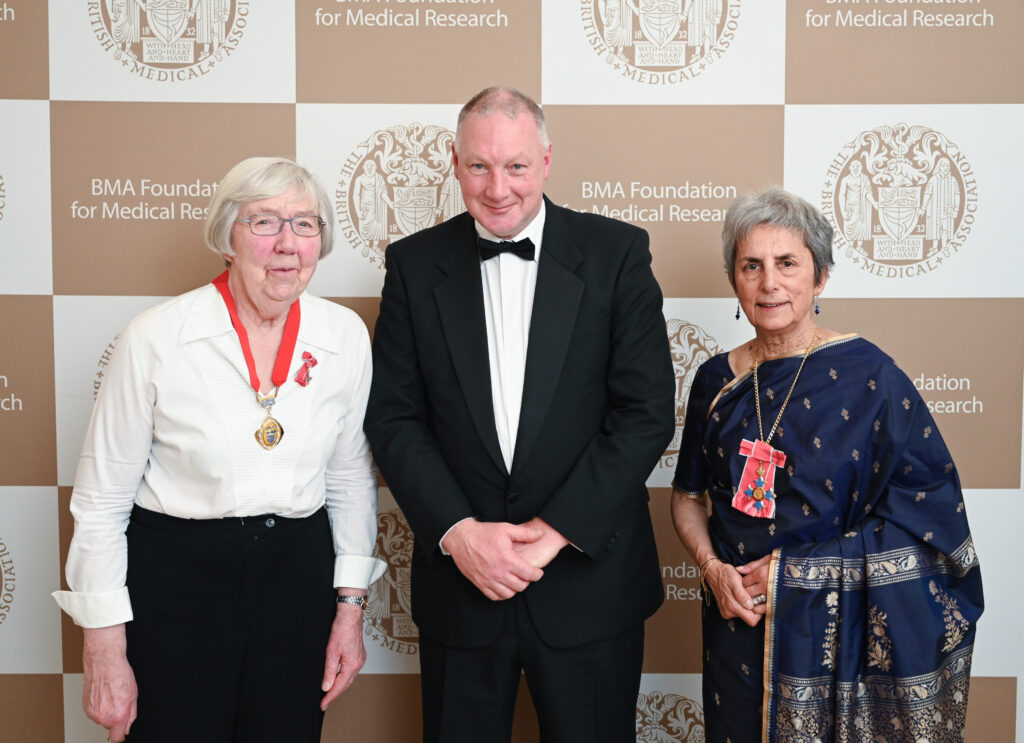A group of Newcastle researchers has received funding from the British Medical Association Foundation’s J Moulton grant to see if stem cells can help heal an anterior cruciate ligament (ACL) rupture.
What is the ACL?
The ACL is a tough band of tissue joining the thigh bone to the shin bone at the knee joint. It provides knee joint stability and controls the back-and-forth movement of the lower leg.
Common causes of injury include landing incorrectly and changing direction suddenly. Usually, surgery is required and involves taking a piece of tendon from another part of the body and grafting it to the injury site.
Healing can take up to 12 months and there is a high possibility that the grafted tendon will rupture again. Other factors such as age and the body’s mechanics also influence how well the injury heals.
Self-renewing stem calls
Researchers have adopted various methods to promote healing of a transplanted tendon, including the use of stem cells. In this trial, researchers will focus on a specific type of stem cell, called mesenchymal stem cells (MSCs).
MSCs can self-renew and split into several different types of cells, including bone, cartilage, and muscle. Previous studies have shown that these cells can be isolated from a type of fluid that results from bleeding around the joint, known as haemarthrosis fluid.
As part of this study, 20 patients with ACL ruptures will be recruited to the trial and consent to having haemarthrosis fluid withdrawn from their injury. The fluid will then be applied to a small piece of material called a membrane that is wrapped around the tendon.
The overarching aim of the research is to see if MSCs can survive on the membrane and promote healing post-surgery.

Supporting the healing process
Professor Lyle Armstrong, professor of cellular regeneration at Newcastle University, and Professor David Deehan, orthopaedic surgeon at Newcastle Hospitals, are leading the trial
Prof Deehan, who is also an honorary professor at Newcastle University, said:
“Data from our previous pilot has shown that MSCs can be isolated from haemarthrosis fluid, however we now need to understand how well the cells survive on a membrane and support the healing process.
“There are over 200,000 ACL injuries reported each year and while surgery can reconstruct the rupture, recovery is lengthy, and the rupture will reoccur in around 20% of cases.
“This research is the first step in helping us develop the technology that could eventually improve the lives of patients who suffer from acute knee injuries.”
- The BMA Foundation awards funds to encourage and further medical research. Their mission is to support medical students, doctors and scientists in their research aims and to help pioneer medical research.
- Newcastle University and Newcastle Hospitals are both part of Newcastle Health Innovation Partners (NHIP). NHIP is one of eight prestigious Academic Health Science Centres (AHSCs) across the UK, bringing together partners to deliver excellence in research, health education and patient care.
